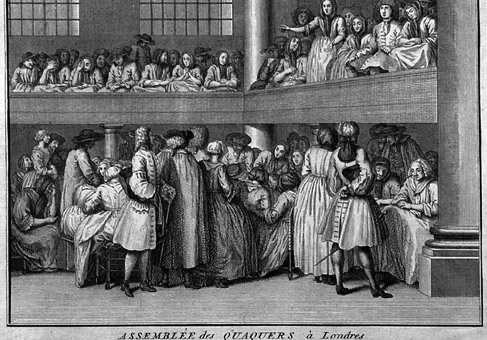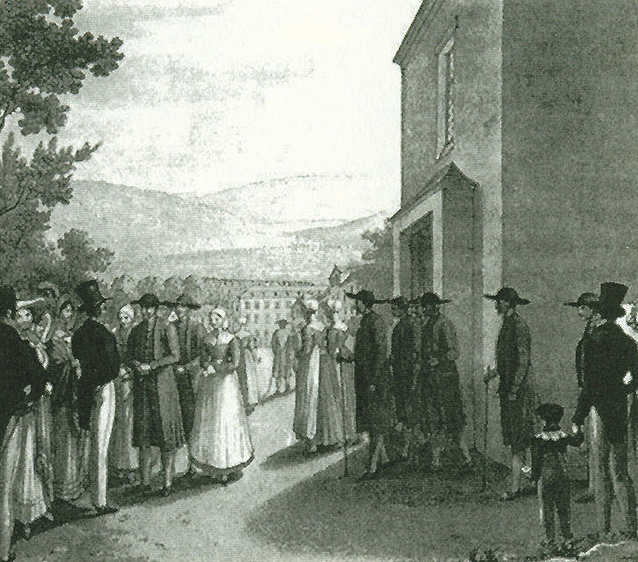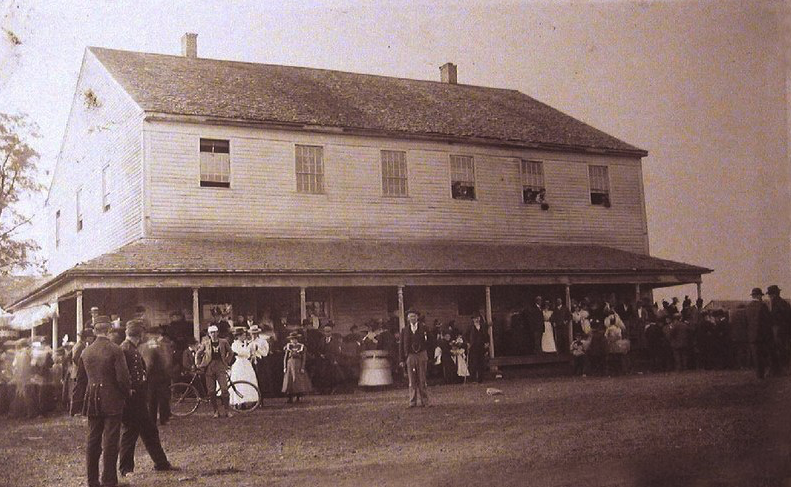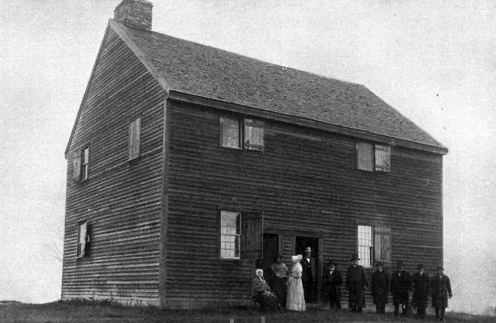
Colonial Pennsylvania Quakers recognized the importance of women within their religion. This attitude created a healthy and peaceful environment where women felt emboldened to contribute to their community in meaningful ways.
Under the current political climate and the ease of posting one’s opinion on social media, misogyny is rampant. One of the more common sentiments raised is that women should be happy that men gave them equal rights and the right to vote and that women should show appreciation for it.

However, equal rights for women appear to be as American as apple pie.
According to The Awakening of the Quaker Movement Against the Negro Slavery in Colonial Pennsylvania and West New Jersey (Noss, 1934), early Quakers believed that everyone possessed an inner light. Unlike the early Christian debates about whether or not women had a soul, Quakers unquestionably believed that everyone possessed a soul.
Churches and bibles were unnecessary for Quakers to commune with God or the Spirit. This act alone did away with the misogyny of the clergy. A person’s experience and connection to God held more relevance than biblical history.

Quakers gathered together not to worship but to form a fellowship. Their focus was on building a peaceful community, and they did not need a leader to connect them to the Spirit.
They believed that all people were equal and that the only “person” they would submit to was God. This flagrant dismissal of custom, of course, upset the European hierarchy.
Quakers began arriving in America in the 1650s. They primarily established themselves in the area now known as Pennsylvania, where they could practice their liberal brand of Christianity without persecution.
Because women were equals within the Quaker religion, many women chose to remain unmarried. This act of declining to marry furthered their enjoyment of freedom, which was rare within patriarchal religions.

Women and Freedom in Early America (Eldridge, 1997) cites Quaker women who chose spinsterhood over marriage within their Quaker faith. Spinsterhood allowed them to “love God above all others” (p. 84).
People, men and women alike, were responsible for their actions. The choices an individual made were between themselves and their deity.
What were the everyday freedoms of women within the Quaker faith that did not exist within the other Colonies?
According to Women and Freedom in Early America, “Religious belief profoundly affected the way early Americans understood women’s place in society and within households. New England Puritans, for example, embraced a sexual and spiritual hierarchy that emphasized women’s subservience to both God and their husbands.” (p. 85)
The same attitude towards a woman’s place could also be found within the Catholic religion and its various sects.
Unlike other predominant religions in early America, Quaker women had “considerable freedom of religious expression. Since God communicated with humans through ‘divine conversation,’ he moved equally in women…, and women thus had liberty to testify concerning their experiences and to work to spread the Quaker faith.” (Knight, p. 5-6)
Within Quakerism, women were allowed to have an opinion, they were able to live alone if they chose, and they were not barred from an education. In addition, they could own businesses, and they managed their own money.
French Jesuits planted the first apple trees in North America in the 1620s. Then, roughly 30 years later, the Quakers came to build a community in the new land. However, the infamous Johnny Appleseed did not start planting his apple tree orchards until the early 1800s.
This timeline makes the Quaker’s belief in gender equality an early American tradition that should continue in the name of all things truly remarkable about this country.
Sources:
Eldridge, Larry D. Women and Freedom in Early America. Chapter 5 “My Dear Liberty”: Quaker Spinsterhood and Female Autonomy in Eighteenth -Century Pennsylvania by Karin A. Wulf. New York: New York University Press, 1997.
Knight, Thomas Daniel. “‘Our Antient Friends … Are Much Reduced’: Mary and James Wright, the Hopewell Friends Meeting, and Quaker Women in the Southern Backcountry, c. 1720–c. 1790.” Genealogy (Basel) 5, no. 3 (2021): 72–.
Noss, Theodore Kelchner. “The awakening of the Quaker movement against negro slavery in colonial Pennsylvania and West New Jersey”. ProQuest Dissertations Publishing, 1934.

